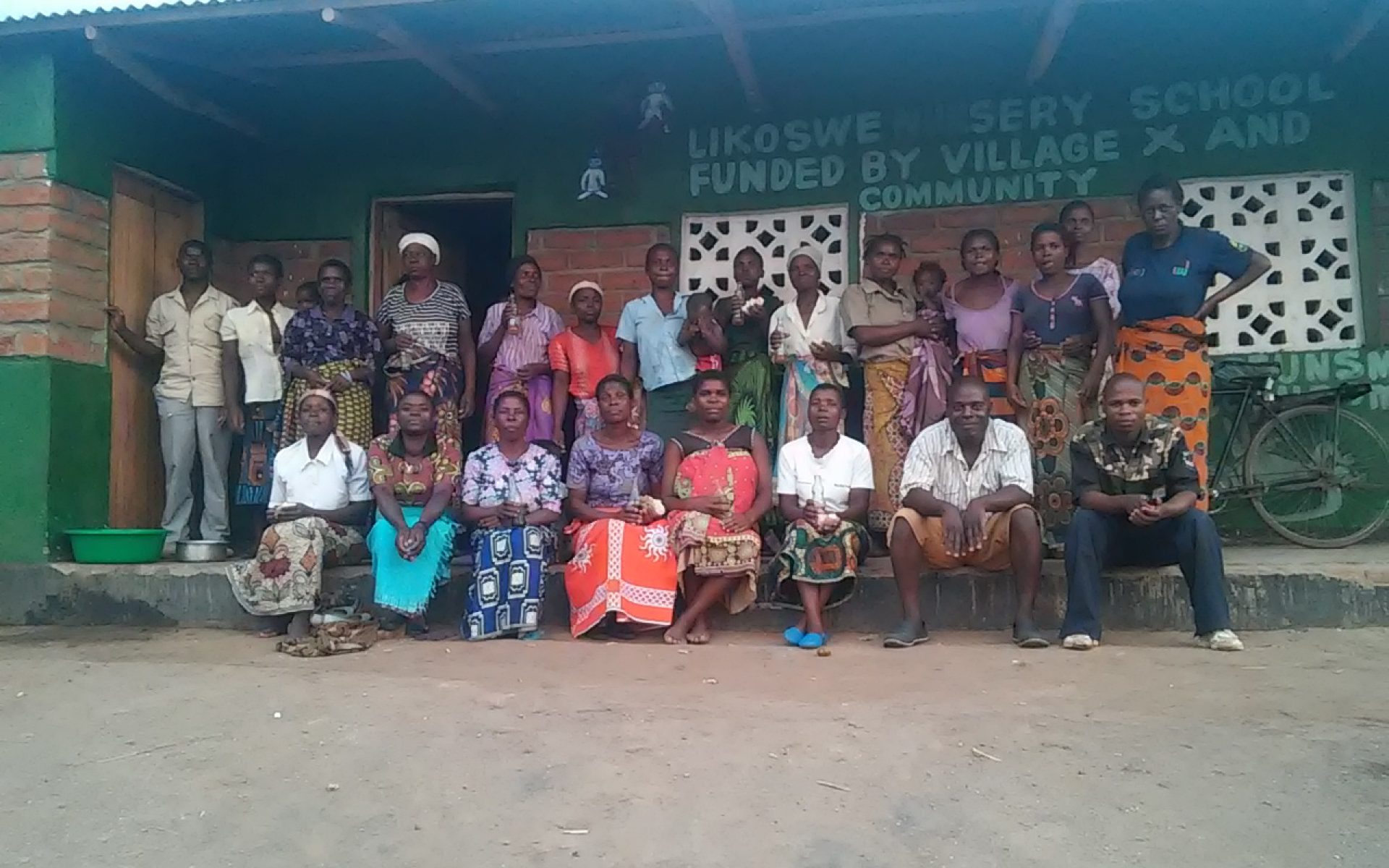Written by CorpsAfrica/Malawi Volunteer Mr. Limbani Kumanga
“Usually (villagers) know exactly what the (stranger) wants to hear them say, and they say it in the exact manner that the (stranger) expects them to say it. And by listening to these (villagers) the problem never gets solved, it only gets worse”
-Malcolm X
In my previous post, I promised to inform you of the progress of my principal project that I am implementing in Likoswe village, as a CorpsAfrica Volunteer. Without wasting lines, let’s head straight into the thick of it:
Context: A microcosm of villages in Malawi, Likoswe village is grappling with a number of typical pressing development needs. Food insecurity, high school dropout, low income generation, lack of local initiative to solve communal problems, early marriages, adult illiteracy, entitlement to external assistance, disorganized leadership, unavailability of sources of clean water, high unemployment…you name it. These problems, which are inter-woven, are all prevalent in Likoswe village. Obviously, these are the type of communal challenges that cannot be rectified within a limited time frame but trying isn’t a crime. Is it?
In consultation with interested locals, I focused on low income generation as a problem that needed urgent intervention. Thus, I designed and launched a small-scale poultry project that seeks to improve participants’ income generation through selling eggs. In addition to income generation, the project intends to improve nutrition at household level. Currently, the project is ongoing.
Design: Individually, participants will buy Black Australorp chicks at a highly subsidized price, raise them, and then commence egg production.
Why buy as individuals instead of a group? Well, I am not here to promote communism. There’s a plethora of evidence that indicates that group ownership leads to the free-rider problem and, to an extent, moral hazard. Every participant managing their own chicks means maximum care and a real sense of ownership.
Why Black Australorps? As a dual-purpose breed, Black Australorps demand minimal inputs and attention, which is ideal for the targeted population. In addition, Black Australorps strive on a free-range system and a number of community members have prior experience of stocking this chicken breed. Lastly, Likoswe village is located close to Mikolongwe veterinary, a government animal husbandry institution that specializes in the production of Black Australorps – among others. Together, these factors made Black Australorps a right choice for this mission.
Why Chicks Instead of Chicken? Chicks are cheaper and easy to find. Duh! On a serious note, we resolved to purchase chicks because in addition to helping to boost income generation, this project intends to impart poultry management knowledge and experience to participants. The experience derived from participating in this project, I hope, will assist participants to undertake and manage poultry enterprises independently.
Management: Before distributing chicks, two training workshops were conducted by a local Assistant Veterinary Officer (AVO). The first training focused on the construction of standard chicken coops, while the second focused on feeding, and parasite and disease control. A 10 member local CorpsAfrica committee takes charge of administrative and monitoring tasks as the project progresses. To this end, I work hand in hand with them.
Positives so Far:
1. The project is underway and all participants received their share of chicks.
2. Some chicks are alive.
Challenges So Far:
1. Persistent nationwide blackouts have compromised chicken production at Mikolongwe veterinary. After months of waiting, we resolved to source chicks from a private producer. Failure to source chicks from Mikolongwe delayed the project immensely and has affected our lean budget.
2. Some participants have a tendency of skipping periodic meetings. This affects the dissemination of important information.
3. Participants did not take heed to the need to construct standard housing and this negligence is having negative effects now. Most claim that they will work on their coops, but having lived here since February, I find this hard to believe.
4. Despite the intensity of the feed and management training, some participants were ill-prepared for the chicks in terms of feeds. This has led to a loss of a considerable number of chicks from malnutrition.
Current Status: The project has 26 participants, who ordered 475 chicks in total. Out of the 26 participants, 20 are females. With assistance from committee members, I distributed 6-weeks old chicks for the project on October 27. By November 10, which is barely 2 weeks after distribution, a total of 78 chicks had been lost, mainly from poor feeding and attacks from predators, particularly dogs. Grim. Personally, I attribute this loss to negligence on feed preparation and housing. Through inspection, I have noted that participants that follow a feeding regimen that the AVO recommended and keep their chicks in secure spots have registered zero losses.
Way Forward: I hope individuals that are doing good will keep the momentum going. Phase 2 of the project, if it happens, is patiently waiting for those that will perform well in the phase 1. Phase 2 is an incentive for good performance in phase 1. Hopefully, this has been a good learning experience to all participants and all the Doubting Thomases that reneged on this project. It certainly has been, to me. Meanwhile, we will continue to monitor how the project will continue to unfold and extract vital lessons from this journey. Thank you.

